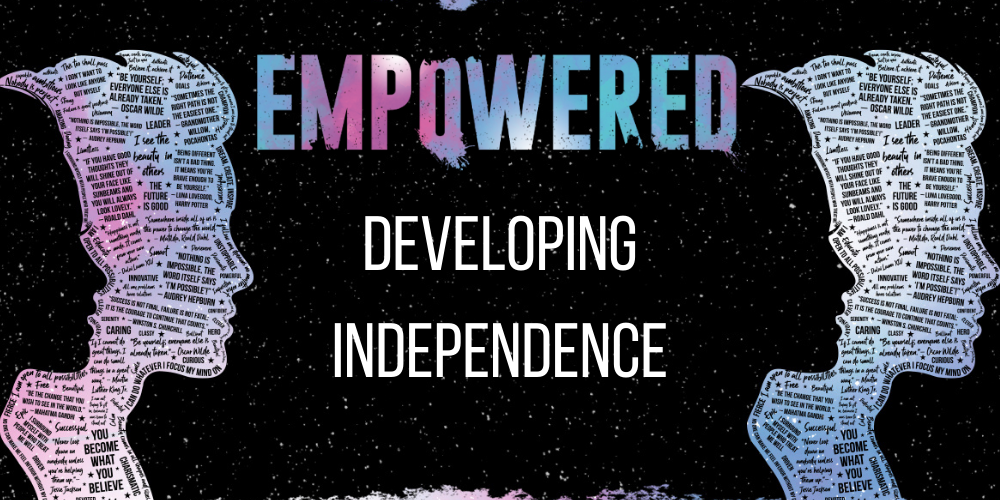Blog Developing independence, an art we can all master
By Luke Chapman | Family, Kids

Lonely is a word that is often used negatively, it comes with certain connotations and normally isn't viewed positively. Learning to be alone and develop our independence is a skill that's crucial to our development and can have numerous perks ranging from productivity to concentration.
Why should I develop independence?
Whether we like it or not, we all have to be alone at points in our lives, but that doesn't mean it's bad! Whether you see your friends 3 times during the week and aren't sure what to do with yourself the other two nights or if you find you have a lot of spare time at the weekends, learning to develop independence can really make that downtime a positive experience.
What can I gain?
We can often feel as though our downtime is a waste of time. What do you do with yourself? Are you lonely? Should you be doing something else, being productive? In short, no! Being alone and using your time independently is a skill, it allows us to enjoy our time and not only this, but by learning to be with yourself you'll discover more about yourself that can help you develop and love yourself!
How do I develop independence?
This part is the hard part. This can really depend on the person and we all have different desires for socialising and how much of it we need. Some people are more comfortable alone whilst others need to be around people more frequently. The idea of this blog isn't to help you be alone all the time, but to help you feel okay about that time you do spend by yourself. There is nothing wrong with being around others, socialising lots and surrounding yourself with great people, in fact, that's good, but we're here to try and help make your downtime an enriching and positive experience.
What next?
GO! Be alone, spend time with yourself, discover yourself. Take it one step at a time, start reading a book, write 50 words, draw an image, but most importantly... Be with yourself and feel great about it. Being alone and loving it is a skill we can all master, and one we can all afford, once you've got this down you'll have amazing times awaiting you.
Published: Mon 10th Jan 2022